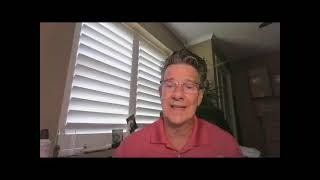FAQ - How To Calculate A Commercial Mortgage Payment?
Calculating a commercial mortgage payment can be tough, but we made it easy for you.
While every effort has been made to ensure the accuracy of this calculator, the results should be used as an indication only. They are neither a quote nor a pre-qualification for a commercial loan. To start the loan process, click here.
If you ever took a financial account class, finance class, or even some general math class, you might have learned present value formulas or future value formulas. These math formulas help you determine your payments given your interest rate, the loan amount, and the total number of payments.
- P = Initial loan amount
- r = Interest rate per period
- n = Total number of payments or periods
A = P (r (1+r)^n) / ( (1+r)^n -1 )
Where, A = Payment amount per period.
If you want something a little easier, click on the loan calculator link below. You can enter your desired loan amount, interest rate, and the number of months. Best of all, you can start the loan process by clicking here.
Have A Question?
Use the form below and we will give your our expert answers! Or scroll down for more FAQs and Answers.
Ask A Question

Check out our other helpful videos to learn more about credit and residential mortgages.














